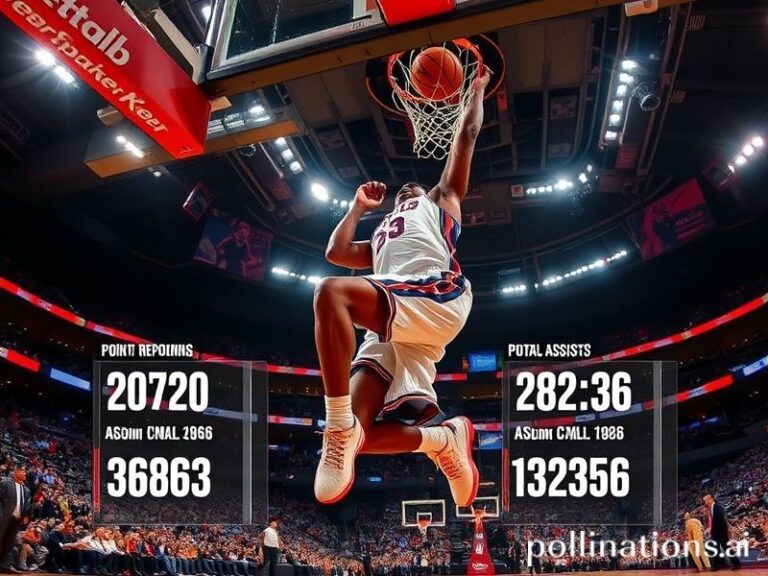Austin Wells’ $300M Deal: How One Catcher Became a Global Financial Instrument
Austin Wells: The $300 Million Cabin Boy of Global Capitalism
By the time you finish this sentence, some algorithm in Singapore will have already placed a micro-bet on whether Austin Wells will sneeze during batting practice. Such is the velocity of modern celebrity: one week you’re a polite 24-year-old from Sacramento who happens to hit baseballs into the Pacific, the next you’re the human avatar of a half-billion-dollar enterprise stretching from Tokyo’s derivative desks to a hedge fund in the Caymans that no one can pronounce. The New York Yankees just locked up catcher Austin Wells for six years and roughly the GDP of Micronesia, and the world—having nothing better to do—decided this is geopolitics now.
Let’s zoom out the sarcastic telescope. In a year when glaciers are suing governments and AI is ghost-writing suicide notes, why does a catcher’s contract warrant a 2% dip in the Nikkei? Simple: sports franchises are the last sovereign wealth funds that still allow cigarette ads on the outfield wall. The Yankees, owned by a consortium whose limited partners include a Qatari sovereign vehicle and at least one Russian oligarch who definitely isn’t sanctioned (wink), have effectively securitized Wells’ left-handed swing. Every time he blocks a ball in the dirt, a bond coupon clears in Luxembourg. If that sounds insane, congratulations—you’ve been paying attention since 2008.
But Wells is no mere slab of arbitrage meat. He’s bilingual in the two dialects that matter: Millennial earnestness and corporate non-speak. Asked about the contract, he said he was “humbled to join the Yankee tradition,” which translates to: “My agent just bought an island, but sure, tradition.” Meanwhile, MLB’s international streaming rights—now hawked from Jakarta sports bars to Finnish insomnia clinics—mean a 13-year-old in Lagos can watch Wells strike out on a Wednesday and feel the same cosmic hollowness as a Bronx season-ticket holder. Globalization: making disappointment borderless since dial-up.
The broader significance? We’ve turned a 24-year-old into a weather derivative. Analysts in London are already modeling how Wells’ framing metrics might hedge against a hard landing in Chinese manufacturing. If he tears an oblique, soybean futures in São Paulo twitch. Somewhere, a quant is feeding his exit-velocity data into a neural net trained to predict the next populist uprising. (Spoiler: it’s correlated with umpire strike zones.) This is late-stage capitalism’s great innovation—turning every human twitch into a tradable event, like fantasy football meets the Book of Revelation.
Of course, the dark joke is on us. While Wells signs autographs for kids who will need therapy for climate anxiety, the stadium’s Jumbotron flashes ads for a crypto exchange that just laid off 40% of its staff. The same week, the UN warned that 2025 might deliver “climate famine,” but sure, let’s debate whether Austin’s pop time justifies the opt-out clause in 2029. Bread and circuses, except the bread is gluten-free and the circus is sponsored by a blood-pressure app.
Yet cynicism has its limits. Somewhere in Yokohama, a boy wearing a knockoff Wells jersey is learning English by shouting “Let’s go, Yankees!” at 3 a.m. In Naples, a data scientist is teaching her daughter statistics using Wells’ spray charts. The contract is obscene, the system absurd, but the ripple carries a strange optimism: the planet is burning, yet we still find time to argue over a 24-year-old’s ability to squat gracefully. Perhaps that’s the saddest punchline of all—we’re so collectively bored with apocalypse that we’d rather obsess over a catcher’s WAR.
So toast Wells with whatever swill your local tariff allows. Just remember: when the glaciers finally march south, they’ll pause to ask who won the AL East. And Austin Wells—poor bastard—will still be under contract.







